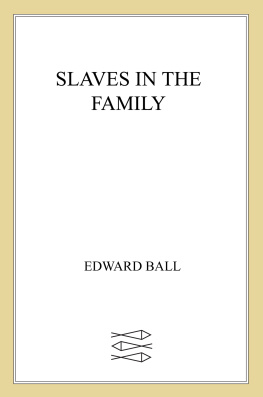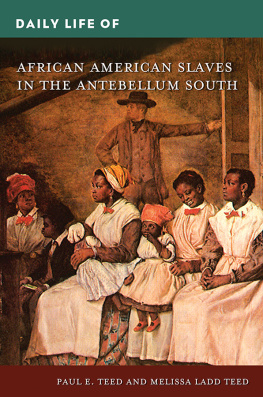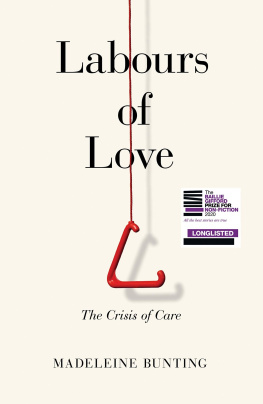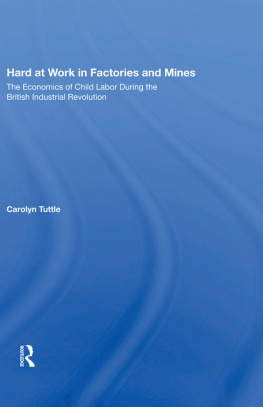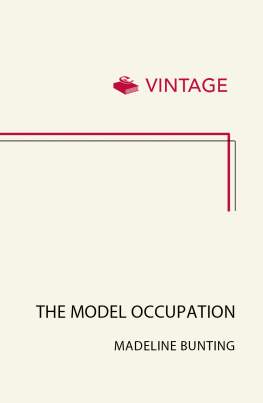To Simon
The starting point for this book has been readers of my column in the Guardian. Whenever I touched on the subject of overwork, I would be overwhelmed by the volume and emotion of the emails I received in response. It was like a burst water main a torrent of anger, bewilderment and sometimes despair. Here was a source of deep frustration beneath the surface which fitted awkwardly into the public space allocated to it in the national conversation. Work-life balance was an inadequate label for the set of issues which stirred these passionate emails and letters. When I started researching the book, one of the first things I did was to set up a column on the Guardians website called Working Lives. I appealed to readers for their experiences, opinions and ideas on how things could change. The response was astonishing, as the emails poured in on every aspect of their work. Few of them, if any, could be put down merely to the senders grumbles about his or her job; I made a point of steering clear of individual injustices to focus on the mainstream. The underlying theme was the sheer invasive dominance of work in peoples lives, and the price it exacted on their health and happiness.
Its not that I completely hate my job, it does have its good points. Its just the amount of my valuable time that it takes up. Employers these days want blood, and if youre not prepared to give it, youre not part of the team. Our society should learn to relax more and stop working as slaves to the economy. Its time to call a halt to this never-ending pursuit for more and more money. Its time to reclaim our lives back from the so-called employers and its time to start living our lives as they should be lived, more life, less work, wrote a storeman in Hertfordshire.
His sentiments were echoed by an engineer who compared German and British working practices and concluded that the latter had taught me that left to their own devices, companies will happily take your lifeblood.
A civil servant from Yorkshire wrote that I enjoy what I do and I work hard. But, and it is a growing but, I feel owned and more so every day. Due to all the mission statements, values, imposed ways of behaving and having to be always get-at-able (you must be accessible by mobile phone, must give an address when you are on leave, must leave a number when you are at meetings) I feel that I have no privacy left.
A woman in the oil industry in Scotland wrote, Over the past ten years I have seen large companies continuously cut back on staff, whilst still expecting the same quality of work. Being thirty-something, our circle of friends are in a similar age group, starting families and suffering the same strain of long hours and not enough time with their families. Dont get me wrong, I love my work. However, it takes such a toll on my family life that I have no choice but to seek a different career.
A redundant banker decided not to try to find another job, because Every week I hear similar stories of friends or friends of friends who, like me, worked sixty- or seventy-hour weeks, arrived home after dark each night, ate dinner and crawled into bed before getting up again the next morning whilst still dark to repeat the whole thing again, but who have now lost their jobs.
A woman in advertising voiced what became a recurring theme when she wrote: I feel that there is an expectation that work should be treated as a vocation, and that working hard is just not quite enough. But I dont feel that my job is really that important (to society or to me) to really want to take on the extra and damage my home life. Not all of us have a vocation what about those of us who want to do a good job, but want time to see partners, friends etc. after work?
For a woman who had suffered a nervous breakdown because of the pressures of her job in television, It is high time we re-evaluated our work ethic in this country we are damaging ourselves and our children by not having the time or energy for caring, and trying to enrich our lives by buying more consumer goods only perpetuates the cycleWhere is it written that life should be endured, not enjoyed?
The point is not that people dont like their work; they often do. They appreciate the sense of fulfilment and usefulness it brings. They often find it stimulating, exciting and rewarding. This book is not a diatribe against work; it would be foolish not to acknowledge all the evidence that work is a crucial source of self-respect and that the lack of work saps the confidence of individuals and communities. But as work gains an ever tighter grip on certain sections of the population, we have to face a new set of questions about the place it occupies in our lives.
Time and again, email contributors circled round the same point it shouldnt have to be like this; why hasnt wealth and technological development brought us the leisure it was predicted to? Why, instead, has it brought even harder work? From John Maynard Keynes to Alvin Toffler, thinkers predicted that the twenty-first century would be an Age of Leisure, while in the seventies increasing automation even led policy-makers and politicians to worry how people would usefully fill their time. For some, this dawning era promised abundant opportunities for human beings in industrialised countries to reach their full potential. It would be the fulfilment of a long-cherished dream that we would finally be freed from the oppressive toil of long hours at work. The realisation of Aristotles belief that it is only in leisure that we are most human would be within reach of us all. Marx dreamt of society reaching a point where people could spend the morning thinking and the afternoon fishing.
It never happened. Quite the contrary: the historic decline in working hours has gone into reverse in the last two decades. Such are the demands of many jobs that leisure has been reduced to simply a time to recuperate before the gruelling demands of the next weeks work. British workers have a roughly one in three chance of finding at some time in the course of their working lives that those demands exceed their capacity to cope; the odds are even higher if youre a woman. Ours has become a more work-centred society than ever; it demands more of us than ever, and it also purports to fulfil more of our needs than ever. One sociologist has identified five categories of experience as vital for well-being: time structure, social contact; collective effort or purpose, social identity or status and regular activity. With the decline in community, political parties and faith institutions, and the fragmentation of family, employment has become the main, often the sole, provider of all five. We look to work for a sense of integration and connection to society, while our grandparents would have been able also to look to their neighbourhood, their church, their political party, perhaps also an extended family nearby. This gives employers unprecedented purchase over our lives: how they are organised, how we perceive ourselves, and how we shape our relationships with others both colleagues at work and personal relationships outside it.
The nature of work is changing, and its demands are increasing. These two trends have coincided over the last two decades with the move of women into paid employment. Family life no longer revolves around one breadwinner and one carer, but typically around one full-time and one part-time earner; in a generation we have seen a dramatic shift of time and energy from the unpaid caring economy into the paid labour market. The disinvestment of women in the caring economy has not been accompanied by sufficient compensating investment by men. The result is a care deficit a shortage of time and energy to invest in relationships. It begins with a deficit of care towards ourselves, in which our work culture makes us ill, and at its worst can kill. There is also a deficit in the care of children, and across the myriad of interdependent relationships which sustain us in families, friendships and neighbourhoods. The result is an emotional impoverishment of all our lives: the office is now where the heart is, not the home, as the complexities of the workplace demand an ever larger share of our emotional resources. Womens participation in the labour market did not need to exact such a steep price.
Next page
![Madeleine Bunting [Madeleine Bunting ] Willing Slaves](/uploads/posts/book/142225/thumbs/madeleine-bunting-madeleine-bunting-willing.jpg)
